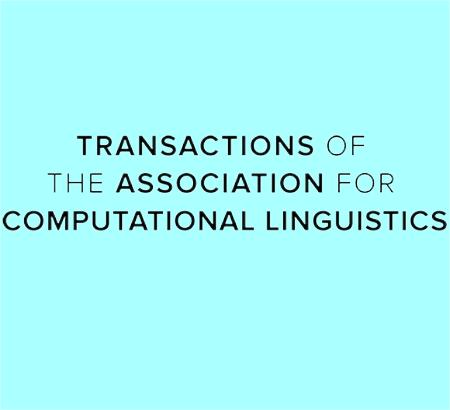神经网络概念的单元测试
IF 4.2
1区 计算机科学
Q2 COMPUTER SCIENCE, ARTIFICIAL INTELLIGENCE
Transactions of the Association for Computational Linguistics
Pub Date : 2022-07-28
DOI:10.1162/tacl_a_00514
引用次数: 16
摘要
许多复杂的问题自然是用符号概念来理解的。例如,我们的“猫”概念与我们的“耳朵”和“胡须”概念以一种非任意的方式联系在一起。Fodor(1998)提出了一种概念理论,强调通过选区结构相关的符号表征。神经网络是否与这种理论相一致还有待讨论。我们建议用单元测试来评估系统的行为是否符合Fodor标准的几个关键方面。使用一个简单的视觉概念学习任务,我们根据该规范评估了几种现代神经架构。我们发现模型在概念的基础、模块性和可重用性的测试上取得了成功,但是关于因果关系的重要问题仍然是开放的。解决这些问题需要新的方法来分析模型的内部状态。本文章由计算机程序翻译,如有差异,请以英文原文为准。
Unit Testing for Concepts in Neural Networks
Abstract Many complex problems are naturally understood in terms of symbolic concepts. For example, our concept of “cat” is related to our concepts of “ears” and “whiskers” in a non-arbitrary way. Fodor (1998) proposes one theory of concepts, which emphasizes symbolic representations related via constituency structures. Whether neural networks are consistent with such a theory is open for debate. We propose unit tests for evaluating whether a system’s behavior is consistent with several key aspects of Fodor’s criteria. Using a simple visual concept learning task, we evaluate several modern neural architectures against this specification. We find that models succeed on tests of groundedness, modularity, and reusability of concepts, but that important questions about causality remain open. Resolving these will require new methods for analyzing models’ internal states.
求助全文
通过发布文献求助,成功后即可免费获取论文全文。
去求助
来源期刊
CiteScore
32.60
自引率
4.60%
发文量
58
审稿时长
8 weeks
期刊介绍:
The highly regarded quarterly journal Computational Linguistics has a companion journal called Transactions of the Association for Computational Linguistics. This open access journal publishes articles in all areas of natural language processing and is an important resource for academic and industry computational linguists, natural language processing experts, artificial intelligence and machine learning investigators, cognitive scientists, speech specialists, as well as linguists and philosophers. The journal disseminates work of vital relevance to these professionals on an annual basis.

 求助内容:
求助内容: 应助结果提醒方式:
应助结果提醒方式:


